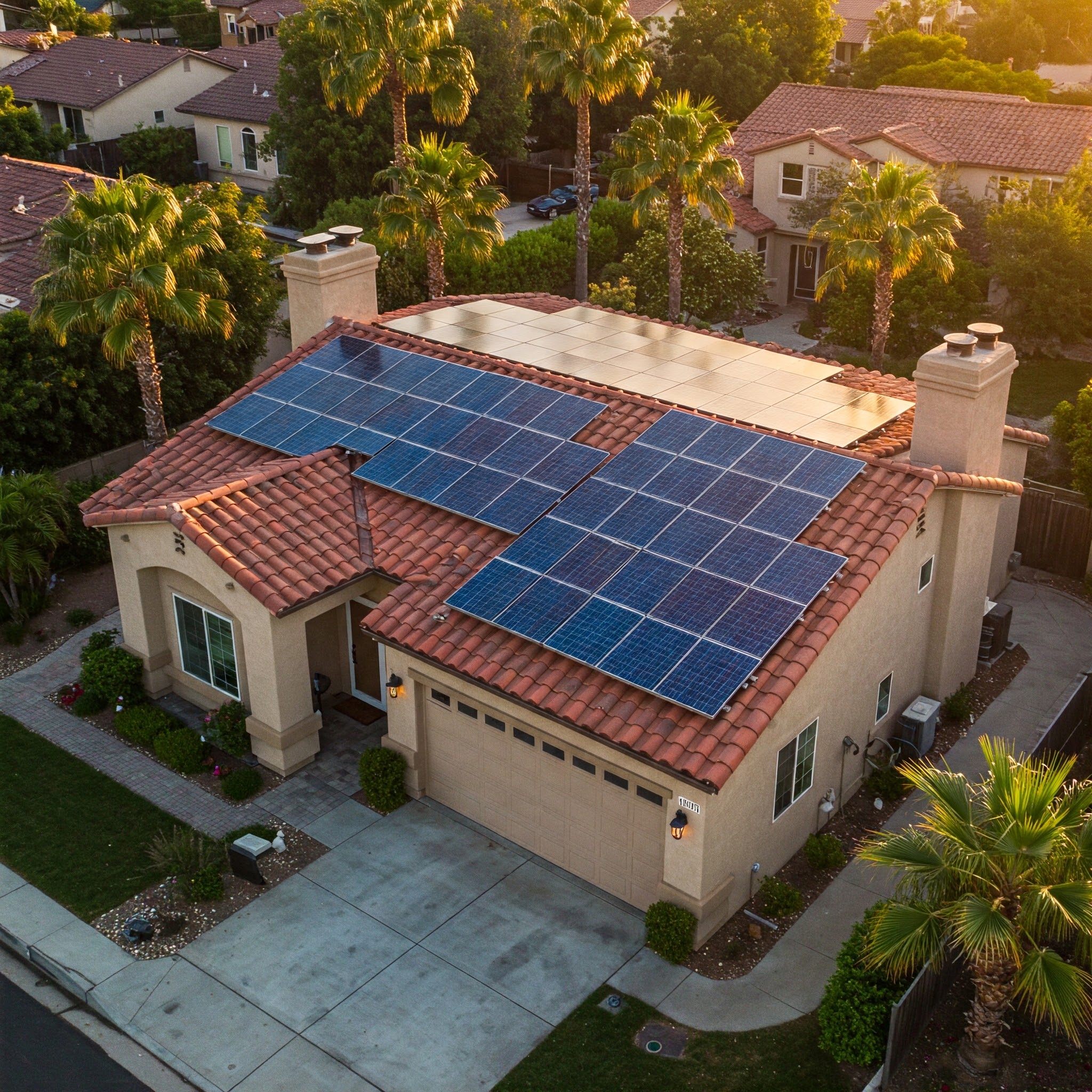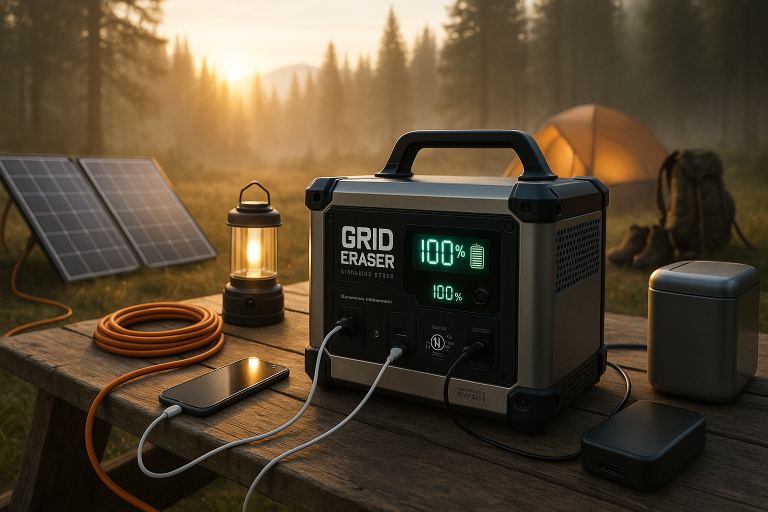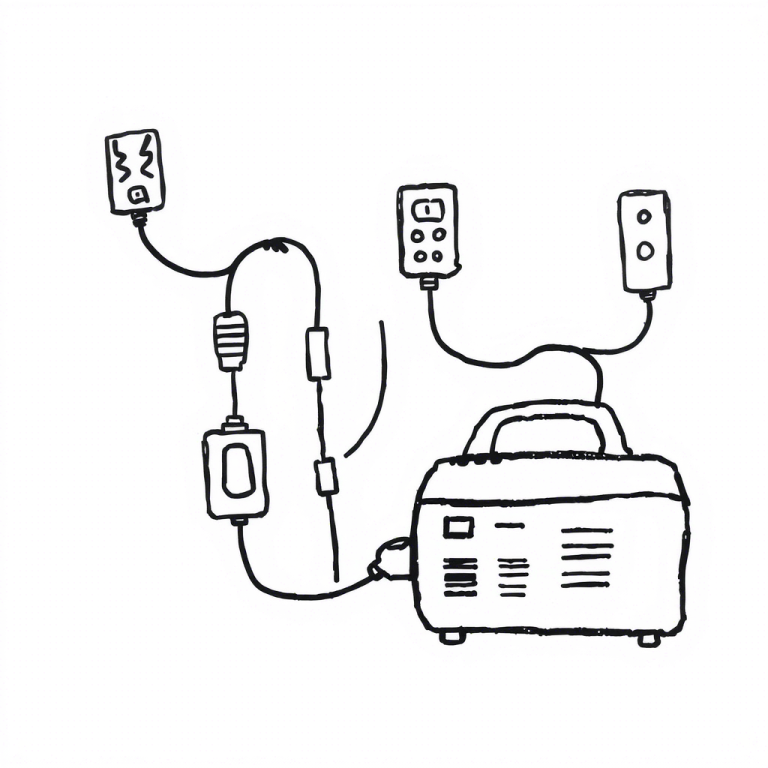How Many Solar Panels Do You Need to Power Your Home? (2025 Guide)
If you’re considering solar energy for your home, one of the first questions you’ll ask is: “How many solar panels do I need?” The answer depends on your household’s energy consumption, geographic location, roof space, and panel efficiency.
In this comprehensive guide, we’ll break down the key factors, provide step-by-step calculations, and share real-world examples to help you estimate your solar panel requirements for 2025.
Why Solar Panels Are Worth It
Before diving into the calculations, let’s explore why solar panels are a smart investment:
- Energy Independence: Reduce reliance on the grid and protect against rising electricity costs.
- Environmental Impact: Lower your carbon footprint by using clean, renewable energy.
- Financial Savings: Save thousands over the system’s lifespan with reduced energy bills and tax incentives.
- Increased Home Value: Homes with solar panels sell faster and at higher prices.
Key Factors That Determine Solar Panel Needs
1. Household Energy Consumption
Your electricity usage is the foundation of your solar calculation.
- Check Your Utility Bills: Look for your monthly kilowatt-hour (kWh) usage. The average U.S. household uses 900–1,200 kWh/month.
- Use Online Calculators: Tools like the EnergySage Solar Calculator can estimate usage based on home size, appliances, and occupancy.
Pro Tip: If you’re planning to add energy-intensive appliances (e.g., an EV or heat pump), factor in future usage.
2. Solar Panel Efficiency
Modern solar panels range in efficiency:
- Standard Panels: 15–18% efficiency (250–350 watts per panel).
- High-Efficiency Panels: 20–22% efficiency (400+ watts per panel).
Higher efficiency means fewer panels but higher upfront costs. For example, a 400W panel produces more energy in the same space as a 300W panel.
3. Sunlight Exposure (Peak Sun Hours)
Your location’s sunlight directly impacts energy production. For example:
- Sunny States: Arizona, California = 5–7 peak sun hours/day.
- Cloudier Regions: Pacific Northwest = 3–4 peak sun hours/day.
Use the NREL Solar Radiation Map to find your area’s average.
4. Roof Space and Orientation
- South-Facing Roofs: Ideal for maximum sunlight exposure in the Northern Hemisphere.
- Shading: Trees, chimneys, or nearby buildings can reduce panel efficiency.
- Space Requirements: Each panel requires 15–20 sq. ft. of space.
If your roof isn’t suitable, consider ground-mounted systems or community solar programs.
Step-by-Step Calculation: How to Estimate Solar Panels
1. Calculate Your Annual Energy Usage
Add up 12 months of kWh usage from your utility bills.
Example: 1,200 kWh/month × 12 = 14,400 kWh/year.
2. Factor in Sunlight Availability
Divide annual usage by your area’s peak sun hours.
Example:
14,400 kWh ÷ (4 peak sun hours × 365 days) = ~9.86 kW system needed.
3. Adjust for Panel Wattage
Divide the system size by panel wattage.
Example for 350W panels:
9,860 watts ÷ 350W = 28–29 panels.
Real-World Examples
Case 1: 1,500 kWh/Month Home in California
- Annual usage: 18,000 kWh
- Peak sun hours: 5.5/day
- System size: 18,000 ÷ (5.5 × 365) ≈ 8.9 kW
- Panels needed (400W): 8,900 ÷ 400 = 22–23 panels.
Case 2: 900 kWh/Month Home in New York
- Annual usage: 10,800 kWh
- Peak sun hours: 3.8/day
- System size: 10,800 ÷ (3.8 × 365) ≈ 7.7 kW
- Panels needed (300W): 7,700 ÷ 300 = 26 panels.
Additional Considerations
Battery Storage
Adding a solar battery (e.g., Tesla Powerwall) for backup power may increase your panel count by 20–30%. Batteries store excess energy for use during outages or nighttime.
Net Metering
If your utility offers net metering, excess energy sent to the grid can offset nighttime usage, reducing the need for extra panels.
Future Energy Needs
Plan for EV charging, home expansions, or energy-intensive appliances by installing 10–20% more panels.
Cost Breakdown for 2025
- Average Cost per Panel: $200–$350 (before incentives).
- Total System Cost: $15,000–$30,000 for a 6–10 kW system.
- Federal Tax Credit: 30% rebate until 2032.
Example: A $20,000 system qualifies for a $6,000 tax credit, reducing the net cost to $14,000.
FAQs
1. Can I power my whole house with solar panels?
Yes! Most homes can achieve 80–100% energy independence with a properly sized system.
2. How long do solar panels last?
Panels typically last 25–30 years, with gradual efficiency losses of 0.5%/year.
3. What if my roof isn’t ideal?
Ground-mounted systems or community solar programs are alternatives.
4. How much maintenance do solar panels require?
Minimal maintenance is needed. Clean panels 1–2 times a year and inspect for damage.
5. Are there financing options for solar panels?
Yes! Options include solar loans, leases, and power purchase agreements (PPAs).
Next Steps: Get a Professional Assessment
While DIY calculations provide estimates, a certified solar installer will:
- Analyze your roof’s tilt, shading, and structural capacity.
- Factor in local weather patterns and incentives.
- Provide a precise quote tailored to your home.
Pro Tip: Get 3–5 quotes using platforms like EnergySage to compare costs and panel options.
Conclusion
Determining how many solar panels you need involves balancing energy goals, budget, and geographic factors. While the average U.S. home requires 20–30 panels, your exact number depends on:
- Energy consumption
- Panel efficiency (300W vs. 400W)
- Local sunlight hours
- Roof constraints
Ready to take the next step? Use our free Solar Panel Calculator or connect with a solar expert today to unlock savings and energy independence!




